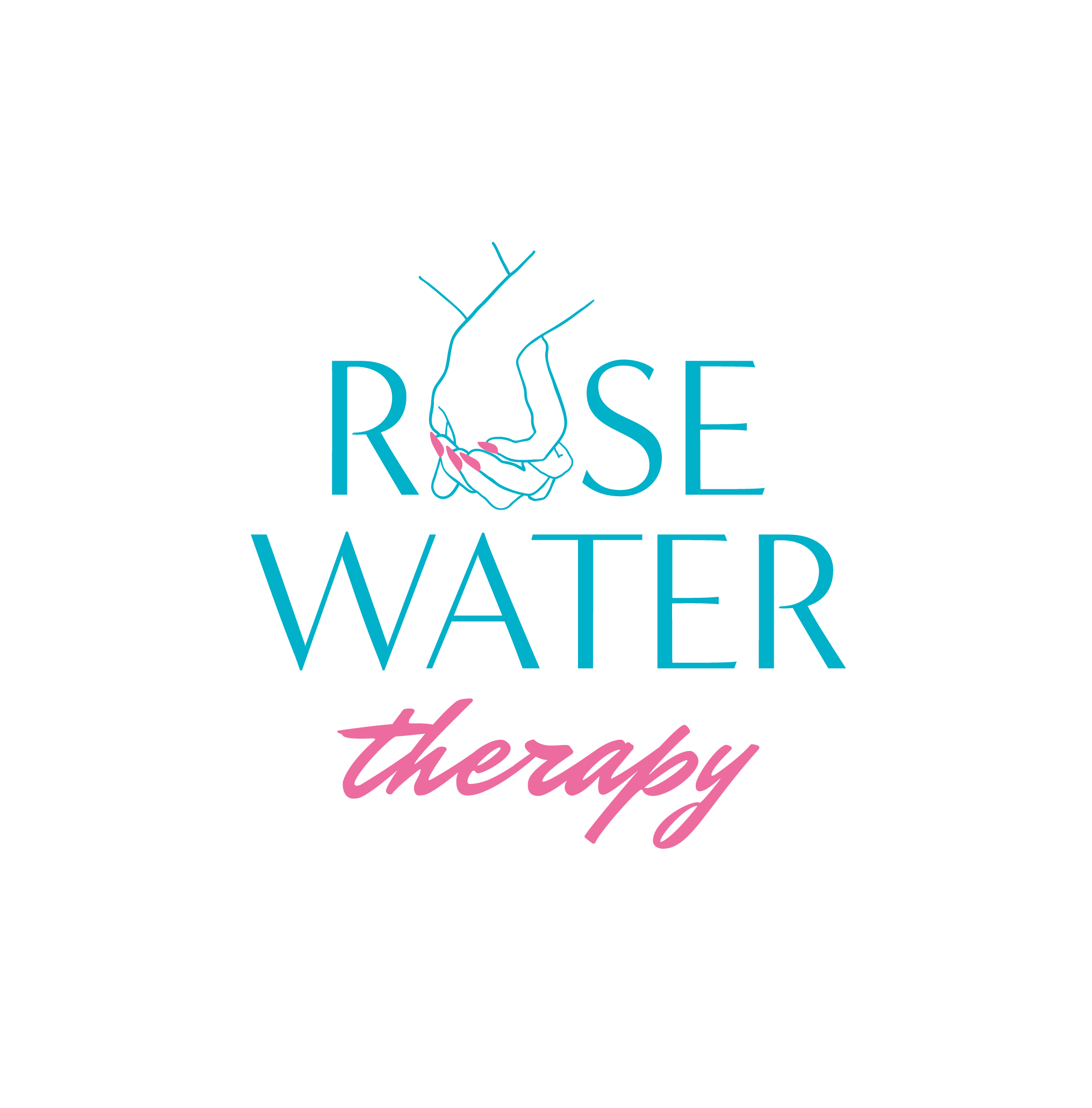Individual Therapy
Healing from Intimate Partnerships and Family Relationships
Whether you are dealing with relationships from your past or present (or both!), my job is to help you recognize how your relationships have shaped you, and to help you use this information to make choices about how to move forward. We work together to identify and re-write the narratives stored in your brain and body, which often influence us beyond our conscious awareness. Struggles that I can help with include recovery from emotional and/or physical abuse, processing separation or divorce, difficulties with dating, issues with attachment and your family of origin, and grieving the loss of a loved one.
Religious Trauma and Doubt
At their best, faith communities provide a source of meaning, support, and purpose. At their worst, these communities can be a source of coercion, shame, and abuse. I work with folks who have experienced pain and trauma in their encounters with religion, and who may be struggling with doubt or uncertainty about where to go next. I help you reconnect with who you are, and figure out your own needs and values moving forward. For those struggling with spiritual doubt or indecision, my role is not to tell you the next step forward, but to create a space where you begin to know and trust yourself, often for the first time.
Boundaries: Love with Limits
In all our relationships, from the one with the local barista to our closest friend, there are boundaries. Boundaries define what we will and won’t allow in our relationships (someone wise said, boundaries are the distance at which I can love you and love myself). I work with individuals who struggle to set effective boundaries, or who are dealing with difficult or abusive relationships with intimate partners, family members, friends or colleagues.
Sometimes these relationships are difficult because the other person has mental health issues such as depression or anxiety; a substance abuse problem; or a personality disorder, such as narcissistic personality disorder or borderline personality disorder. Sometimes these relationships are difficult because we have failed to communicate and set boundaries around our own needs. Regardless, I help people heal from relationships in which their emotional and/or physical boundaries have been violated, and make helpful choices about future interactions.
Good boundaries:
Provide a sense of safety—we are confident that our rights will be respected
Allow for connection—we feel close and present with the other person
Make us feel cared for—we sense the other person is concerned about and strives to meet our needs
Make us feel loved—we feel the other person hears and sees us for who we are
Allow for healthy conflict and disagreement
Bad boundaries:
Remove our sense of independence and autonomy—we may feel controlled or limited by the other person
Drive us to cater to another person at the expense of our own needs
Violate our sense of emotional and/or physical well-being
Force us to avoid conflict, for fear of upsetting the other person or us not being able to tolerate disagreement
Make us feel lonely—we feel the other person doesn’t understand or see us
Make us feel responsible for another person’s happiness
My role is not to tell you what to do with your relationship. My role is to give you the tools to decide what works for you and determine good boundaries for yourself. Reach out if you are interested in doing this work together.
